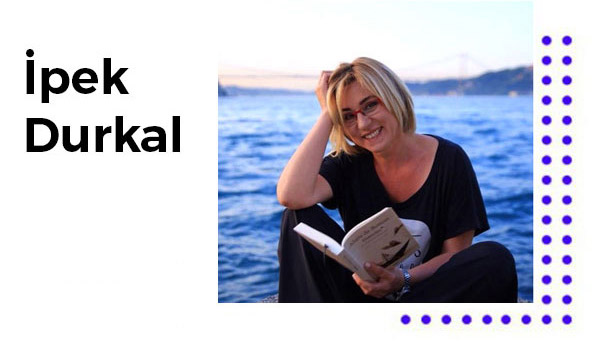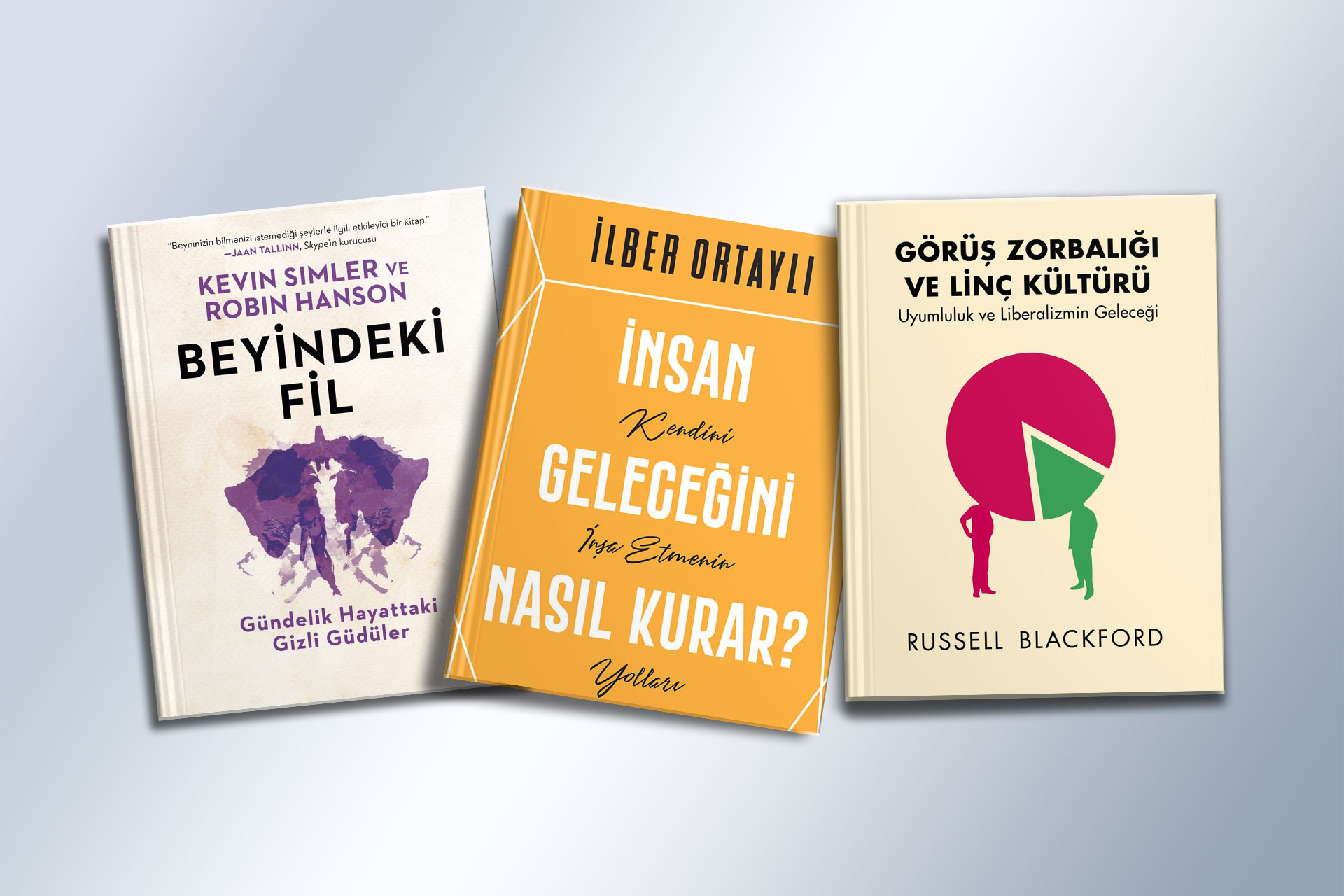
Let’s say you just met someone, and they said, “tell me a little bit about yourself”. What do you say about yourself? You probably use carefully chosen phrases to state your age, education, job and, most of all, how good and decent a person you are, a person who strictly adheres to the rules of morality. In all these years of my life, I have never met a single person who said to me, “Hello, I am a very selfish person and I act according to my interests”. And when I say I haven’t met, I’ve never introduced myself to anyone like that either.
I want to tell you about a book that clearly says to your face, “Brother, you are not the person you think you are, your brain deceives you first in order to deceive others”: The Elephant in the Brain: Hidden Motives in Everyday Life
You will forget all the books you have read so far that convey the messages “you are such a good but you have such traumas, you are good, the other person is bad, discover the good in you” and you will say to yourself: Wow, I’m such a fraud! Here is a wonderful book recommendation that will keep you busy with yourself and amaze you in every line…
The authors of the book, Kevin Simler and Robin Hanson, start from the thesis ‘Human behaviour is rarely what it seems’ and add the following: We humans are a species not only capable of acting on ulterior motives, we are designed to do so. Our brains have evolved to act in our own self-interest, but at the same time we try not to appear selfish in front of other people. Hence self-deception is strategic; it is a tactic used by our brains to look good while behaving badly. So why do we deceive ourselves? To fool others better, of course.

A Fulfilling Conversation with İlber Ortaylı
In this world where mediocrity and ignorance raise their voices to drown out all other voices, one sometimes wants to lose the hearing altogether. Think about it, when was the last time you had an intellectually satisfying conversation with someone? Fortunately, some books are coming out to fill this deficiency so we can breathe. Here is another one of those books. After the book ‘How to Live a Lifetime’, he opened our horizons with the book ‘How to Build One’s Future – Ways to Build Yourself’, which was compiled from İlber Ortaylı’s talk with Yenal Bilgici.
In this book, which Ortaylı describes as “an example of transferring experience, an essay”, it is explained how a person can create themselves and to what extent they can do so. Stating that especially Turkish people love to say ‘if only’ and make it a habit, Ortaylı, referring to General Hannibal’s saying “Either I will find a way or I will make a way”, underlines the importance of setting goals for people with the words “If one road is blocked, you go through the other, if there is no road, you yourself create the third road”, and underlines that slogans such as “Live 70 years and have 70 ideals” are rubbish with the following words: “Human life is not suitable for this. One should focus on doing things well and in moderation.”
Ortaylı, who also opens his own bookshelf to the reader in the interview book ‘How One Builds His Future – Ways to Build Self’, lists the books that should be read in the fields of philosophy, art and culture and history as well as the classical works that people should read throughout their lives. Since this is the book page, here is the list of 5 novels that İlber Ortaylı says must be read:
1-Amin Maalouf/Tanios Rock
2-Ferene Molnar/Children of Pal Street
3-Reşat Nuri Güntekin/Çalıkuşu
4-Ivo Andric/Drina Bridge
5-Umberto Eco/The Name of the Rose

Social Media, the Venue of Bullying and Lynching
The research review book titled “The Tyranny of Opinon”, published in 2018 by Austrian writer and philosopher Russell Blackford, one of the world’s most respected figures on freedom of thought and speech, was recently translated into Turkish by Birol Akmeriç.
‘The Tyranny of Opinion’ plays an important role in this age where social control is being imposed more and more and social media and lynching culture can ruin people’s careers and cost their lives by making it easier to embarrass, exclude and harass people. The book encourages reflection on issues we may not have given much about before, such as the reckless threat of individual liberties by self-identified liberals, the older generation’s condonation of the younger generation’s culture of hatred, and the resulting disappointment. While Russel diagnoses issues such as hatred, taboo and victimisation, he also suggests strategies of resistance to the reader.
If you like to read and learn about these subjects and look at things from different perspectives, you will also like this book.



